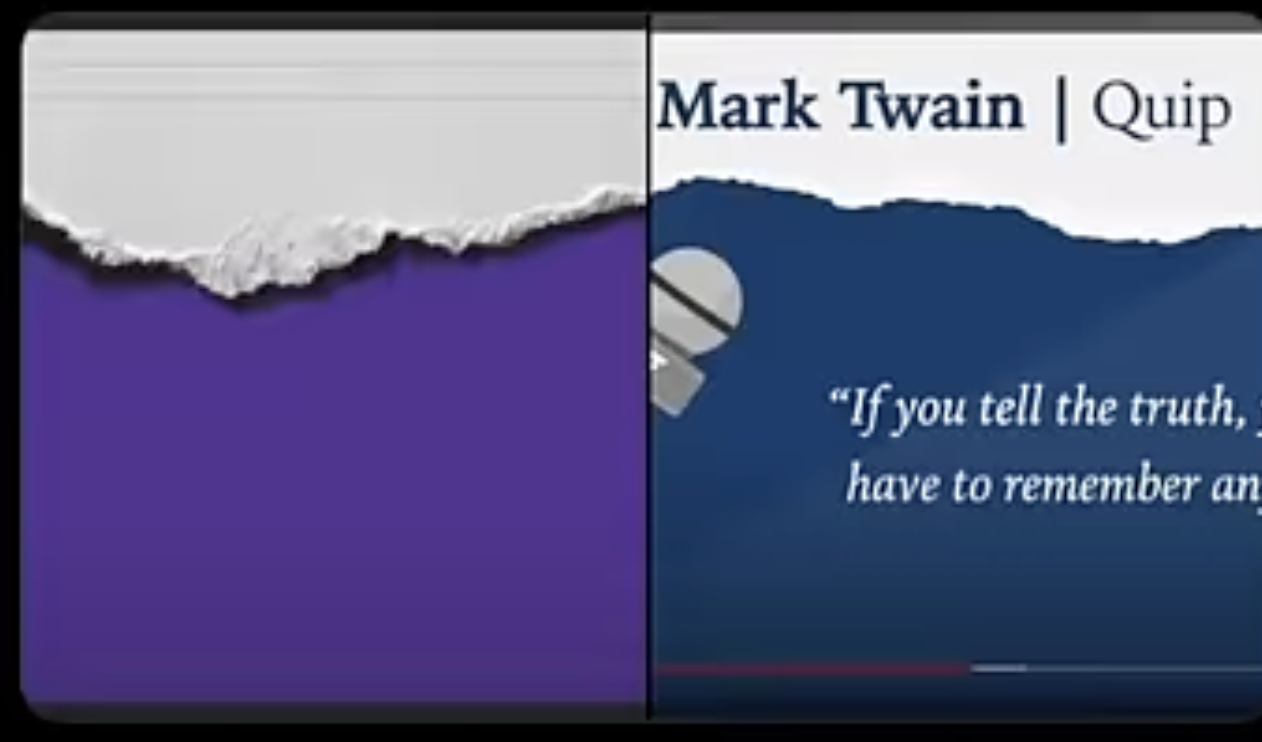My question is based on a real-life incident that is making the rounds recently.
One YouTuber ("iilluminaughtii", real name Blair) sued (or threatened to sue) another YouTuber ("LegalEagle", real name Devin) for plagiarism, because one of Devin's video editors asked one of Blair's video editors how they had achieved a visual effect in some video. Here is one example Blair cited on Twitter:
Both YouTubers have occasionally used this "torn paper" effect when presenting written material in their videos.
This specific incident seems spurious because there's a huge amount of prior art exactly like this that predates Blair's entire career, but it's also my instinct that even if that weren't the case, this kind of thing would not be plagiarism.
I want to consider a more focused hypothetical case: Alice publishes a video with a totally novel visual effect. Bob sees Alice's published work, is impressed, and also has a fitting use for the effect. (A real-world case might be "bullet time" from The Matrix, which later showed up in a several other movies.)
Is it plagiarism if one of Bob's staff asks one of Alice's staff how they did the effect, and the staff member explains how they did it, and then Bob uses it in a new work that has no other similarities to Alice's work?
Is the answer different if Bob's staff reverse-engineers the effect instead of asking them?
My gut tells me we're crossing a line between different kinds of intellectual property, perhaps from copyright into letters patent, and there are some kinds of thing that simply aren't protected by any kind of IP law, but I would like to know the truth.
